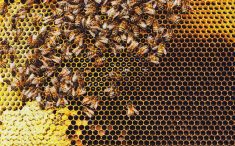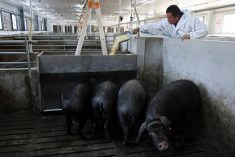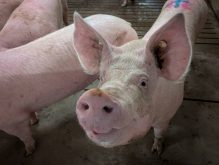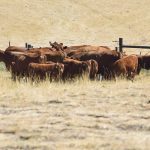The Canadian government has adopted the Global
Plan of Action for Farm Animal Genetic Resources, an
international framework to conserve and use animal
genetic resources.
“This global plan will help Canadian breeders and
researchers access genetic resources from other countries as well
as further support the export of Canadian animal genetics,” said Gerry
Ritz, the federal agriculture minister of agriculture.
The plan lists 23 strategic priorities including characterization, inventory and monitoring of trends and risks; sustainable use and development; conservation; and policies, institutions and capacity building, the government said in a release.
Read Also
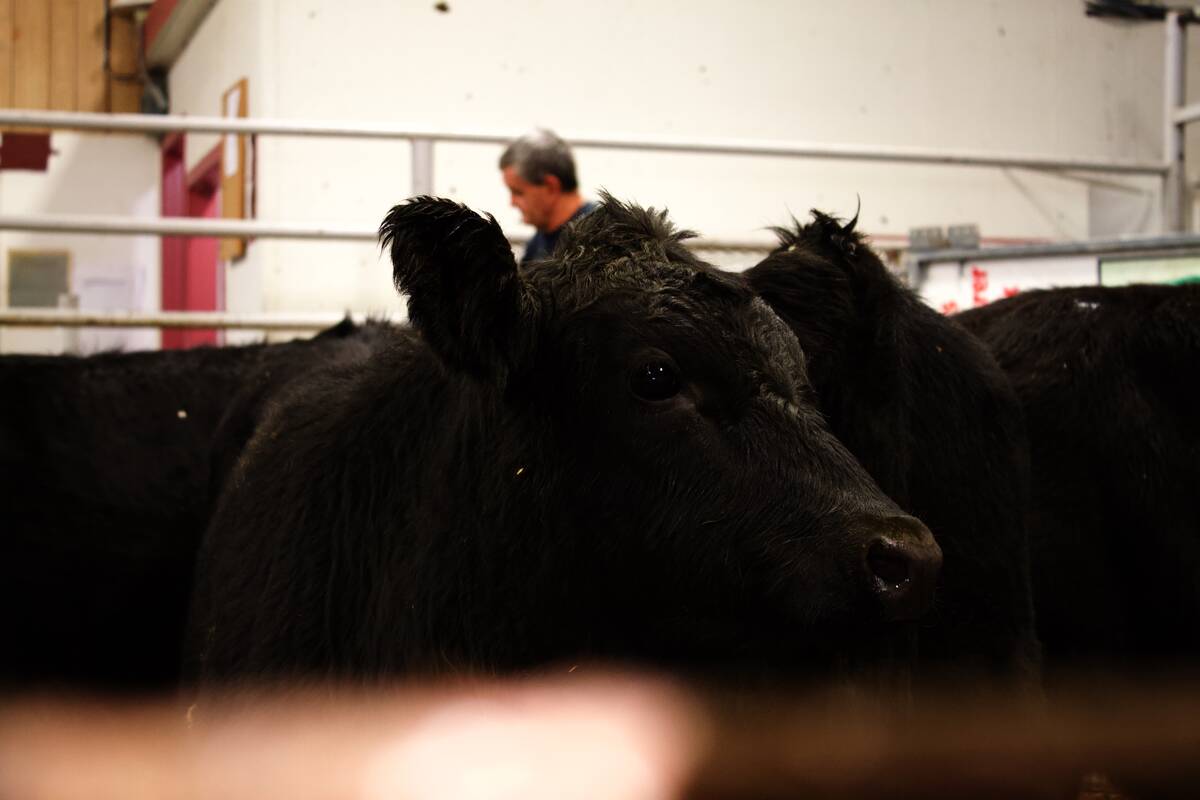
U.S. livestock: Cattle rally, hogs rise
Chicago cattle rallied on Monday. Lean hogs also rose. Most-active April live cattle futures closed at 239.525 cents a pound,…
The plan refers to animals used for food and agriculture, including not just the five main food species (cattle, sheep, goats, pigs and chickens) but also species such as horses, ducks, buffalo, yaks, camelids, rabbits, domestic geese and turkeys.
Canadian breeders, on average, export $88 million worth of
animal genetics each year, including horses, bovines and swine,
hatching eggs and bovine semen and embryos.
Canada joined 168 other countries in agreeing to the plan
through the Interlaken Declaration, a non-legally binding policy
statement, at the world’s first International Conference on
Animal Genetic Resources, in Interlaken, Switzerland, September 3-7.
Genetically diverse livestock populations are essential to
providing consumers with safe, quality products, and increasingly
important in meeting future challenges in animal production such
requirements, fluctuating markets or changing societal needs, the federaal government said in a release.



